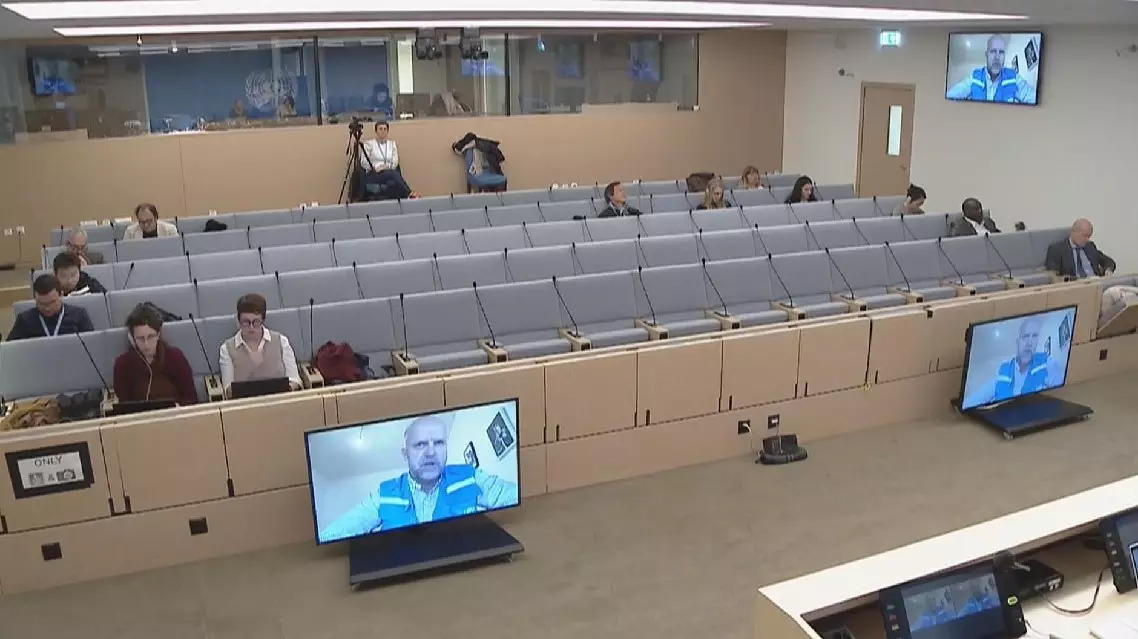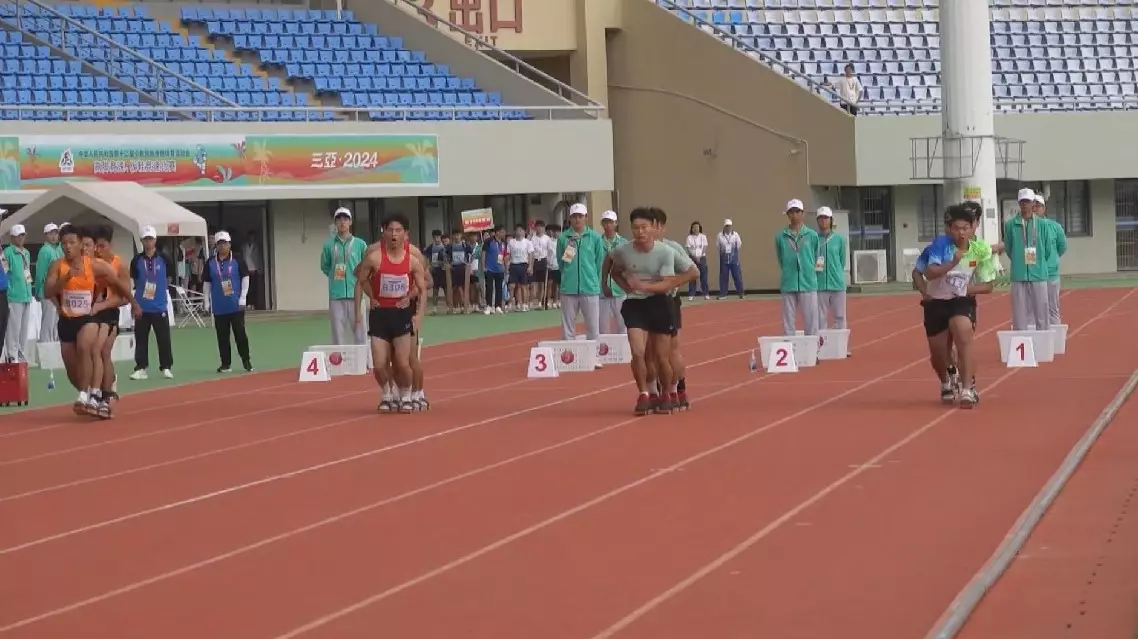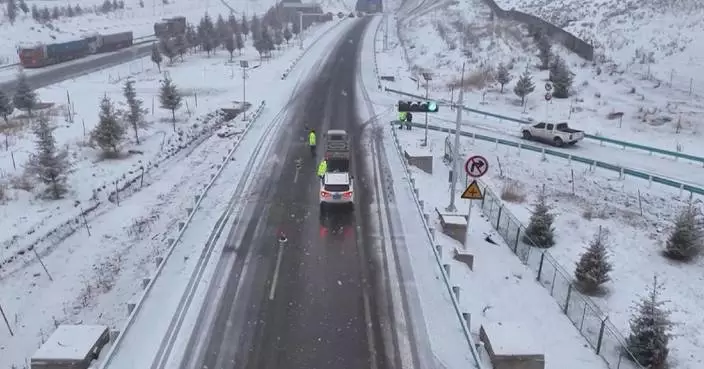The past two months of intensifying Israeli bombardment in Lebanon has been the "deadliest and most devastating" in decades, as communities uprooted from the front line continue to flee across the border to Syria, U.N. humanitarian officials said on Friday.
Highlighting the deepening humanitarian catastrophe for civilians on Lebanon's Independence Day, the U.N. refugee agency -- United Nations Commission on Human Rights (UNCHR) -- warned of a prevailing sense of uncertainty and fear as the war grinds on.
"In recent weeks, Israel dramatically intensified its airstrikes and ground incursions, and this has deepened the humanitarian catastrophe that has affected civilians. The past few weeks have been the deadliest and the most devastating for Lebanon and its people in decades," said Ivo Freijsen, UNHCR representative in Lebanon.
To date, close to one million people have been displaced across Lebanon -- one in five of the population -- and nearly 600,000 people have crossed the border into Syria.
According to the authorities, as of November 20, there have been nearly 3,600 confirmed deaths including more than 230 children and more than 15,000 injured.
Speaking from the war-torn country, Freijsen appealed for international assistance.
"We are all obviously very concerned about the winter and the need to ramp up winter assistance, as it has started to rain and in some areas the first snow has fallen. So, we have a huge collective effort in front of us. We need to pursue in terms of creating better conditions for all the displaced through specific winter assistance and improved shelter," he said.
The UNHCR official stressed the need to ensure equal access to shelter for all displaced people, particularly refugees who were already in an acutely precarious situation before this crisis. The agency's response includes counseling, community support and creating safe spaces for those most at risk. To date, it has reached more than 100,000 people during the current emergency and supports a network of 44 health facilities across the country including the provision of life-saving equipment, such as trauma kits.
According to the World Health Organization (WHO), one in every 10 hospitals has ceased operations or been forced to reduce services, as attacks continue on healthcare and personnel.
In an update from the Lebanon-Syria border crossing at Jdaidet Yabous, UNCHR's representative in Syria, Gonzalo Vargas Llosa, reported that an estimated 560,000 people have sought shelter inside Syria since September 24, with some 65 percent being Syrians and the remainder being Lebanese. Crossing the border remains extremely dangerous for civilians and humanitarian workers alike, however.
"It is clear from our interaction with those Syrians and Lebanese that we speak to at the border that the bombings of the IDF (Israel Defense Force) of border crossings -- including the one where I am here which has been bombed at least twice in the past few weeks. This has had a major effect in reducing the numbers. Syrians and Lebanese are very scared of using these escape routes," said Vargas Llosa.
Around 50 Lebanese nationals are returning to Lebanon every day in response to the "disastrous" economic situation in Syria, along with a smaller number of Syrians, the UNHCR official added.

Israeli bombardment in Lebanon devastating in decades, communities forced to flee: U.N. officials









